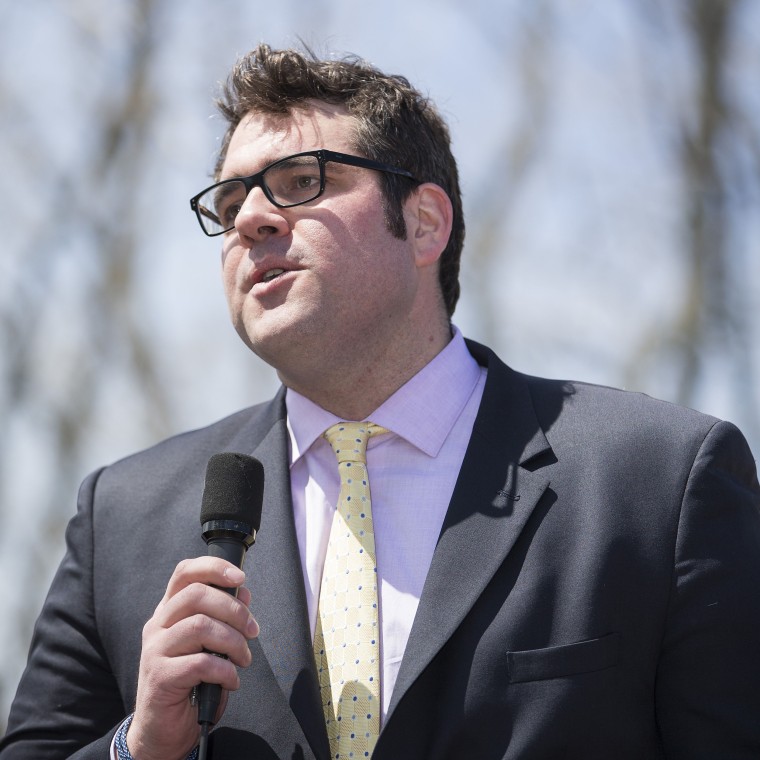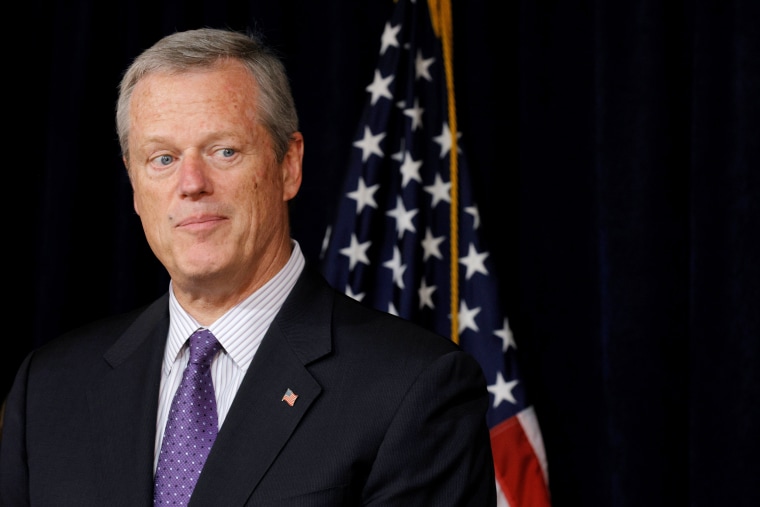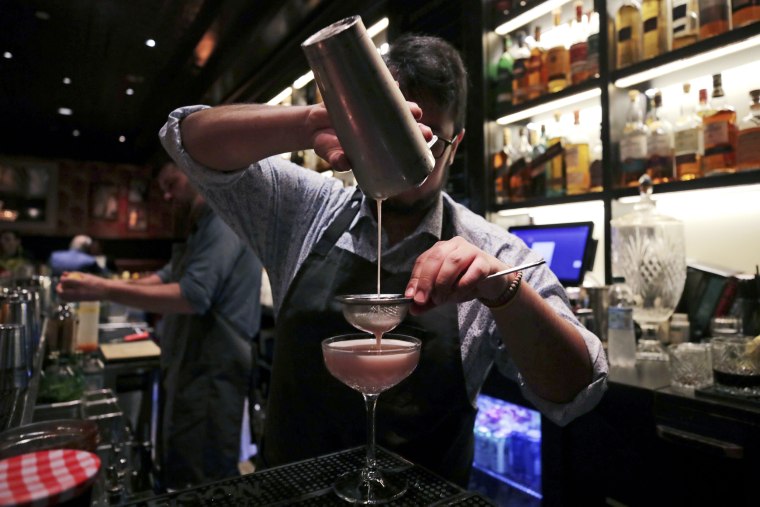BOSTON — Efforts to bring back happy hour in Massachusetts are gaining steam as lawmakers, restaurants owners and residents who haven’t been able to buy a discounted beer since 1984 say it’s time to reverse the draconian ban.
In the early 1980s, drunken driving accidents, particularly those involving youth, captured the nation’s attention, as lawmakers and parents searched for solutions. President Ronald Reagan signed a law in 1984 denying federal highway funds to states with drinking ages under 21 in an effort to stop drunken driving. A few months later, the Bay State went a step further and banned happy hour, saying the prohibition would save lives.
Signed by then-Gov. Michael Dukakis, a Democrat, the ban is still in effect today and prohibits bars and restaurants from selling discounted alcoholic beverages, including large drinks for the price of a smaller size and all-you-can-drink deals.
At the time the law went into effect, it had support from Mothers Against Drunk Driving and the Massachusetts Alcoholic Beverage Control Commission, as well as some bar owners, who thought it was a necessary solution. Nearly four decades later, drunken driving deaths are down nationally, and the effectiveness of the law remains in question.
“Many if not most other states have some version of happy hour, so a lot of people look at the prohibition and say, ‘Why don’t we revisit that?’” said Massachusetts state Rep. Mike Connolly.

Connolly, a Democrat who represents parts of Cambridge and Somerville, is introducing legislation that would create a task force to look into bringing back happy hour.
It was an idea brought to him as part of city and statewide efforts to support bars and restaurants during and after the pandemic.
“We understand why happy hour was prohibited back in 1984. Since then, a lot has changed,” Connolly said, citing ride-sharing services like Uber and Lyft that can prevent people from getting behind the wheel if intoxicated. Many business owners think it could help bring clientele back to areas that depended on office workers, who are now mostly working remotely, and boost sales overall, he said.
Joshua Lewin, co-owner of Juliet + Company, which operates a restaurant in Somerville and one in Boston, said happy hour would be a boon for his businesses.
“Bringing in revenue is always good, and happy hour happens during a time that’s typically empty in most restaurants,” Lewin said. As Covid cases rise once again in Massachusetts, he expects to institute more distancing measures at his restaurants, Juliet and Peregrine. “Having customers spread out throughout the day into the margins when they normally wouldn’t be excited to come in would be incredibly beneficial.”
For better or worse, most restaurants’ business models depend on selling alcohol, Lewin said. Since he can’t discount alcohol, his restaurants have added food specials like $1 oysters during certain time windows. Usually, people who planned to just get oysters end up ordering more than they anticipated, or even stay for dinner. That kind of business would only increase if alcohol could be discounted, too, Lewin said.
The idea also has broad constituent support. A recent poll by MassINC found that around 70 percent of residents want to see happy hour return, and only 20 percent were against it.
Kelly Ecsedy, 27, is all for it. Ecsedy will be moving to Boston from Stamford, Connecticut, in a few weeks and said she will miss happy hour.
“I think it’s definitely disappointing when you’re living in a city that’s already expensive,” she said while sitting in a park in Boston on a recent Wednesday. Happy hour can be a way to “burn off some stress” after work, and it helps to have cheap drinks if you are already stressed about rent and other expenses, she said.
“People don’t drink and drive because the drinks are cheap,” Ecsedy said.
But Gov. Charlie Baker isn’t all-in. His office declined to comment about the efforts, but referred to the governor's remarks at a news conference in Sandwich on July 23 where he voiced skepticism.
“That law did not come about by accident. It came about because there was a sustained series of tragedies that involved both young and older people, in some terrible highway incidents, all of which track back to people who'd been over-served as a result of happy hours in a variety of places,” Baker, a Republican, said. “I'd be hard-pressed to support changing it.”

Mothers Against Drunk Driving said they no longer take positions "on the sales of alcohol to people who are 21 and older" but will be monitoring the proposal and said they "expect to be part of the discussion if it moves forward."
The Massachusetts Restaurants Association told NBC News that while some restaurant operators support the repeal, just as many want it to stay. The association has previously taken a position against happy hours.
Many residents don't see a reason to oppose the repeal.
Matt Lebel, 28, who lives in Boston’s North End, said he would be thrilled to see the ban overturned. “Ninety-nine percent of other cities and states don’t have this problem,” he said.
“The lure of going out has gone down” without happy hour, Lebel said. Why not just drink on his roof? He said that repeal would be good for his favorite bars and restaurants, and that for a city as big as Boston to be happy hour free seems “ridiculous.”
“Is $1 oysters really the best we can do?” he said.
CORRECTION (Aug. 8, 2021, 5:45 p.m. ET): A previous version of this article misspelled the name of a former president. He was Ronald Reagan, not Raegan.

